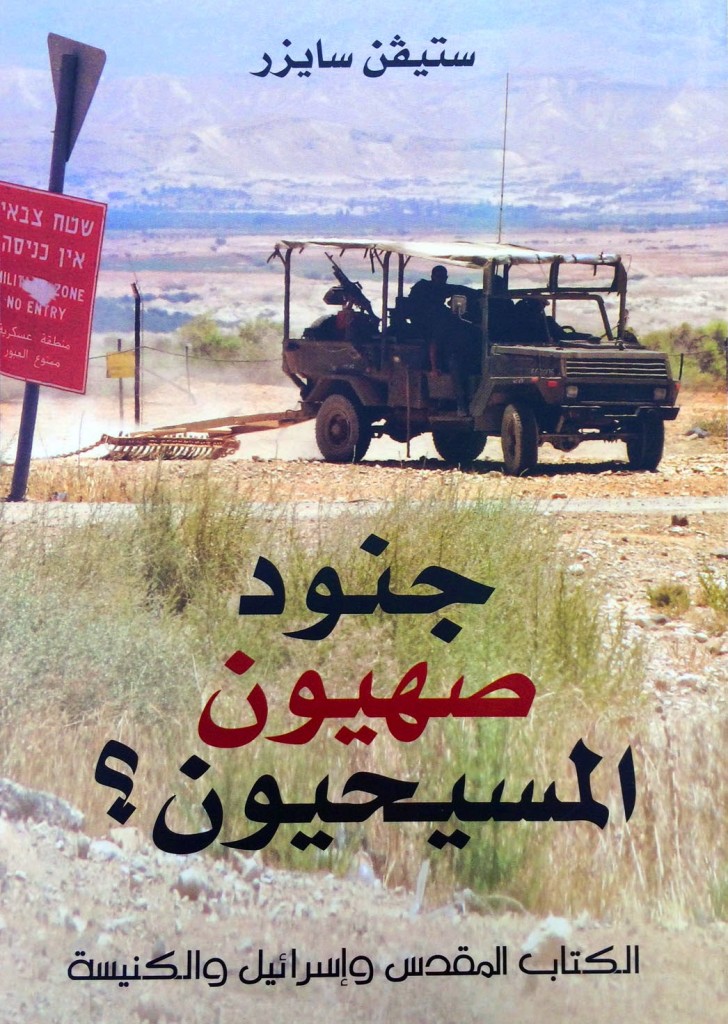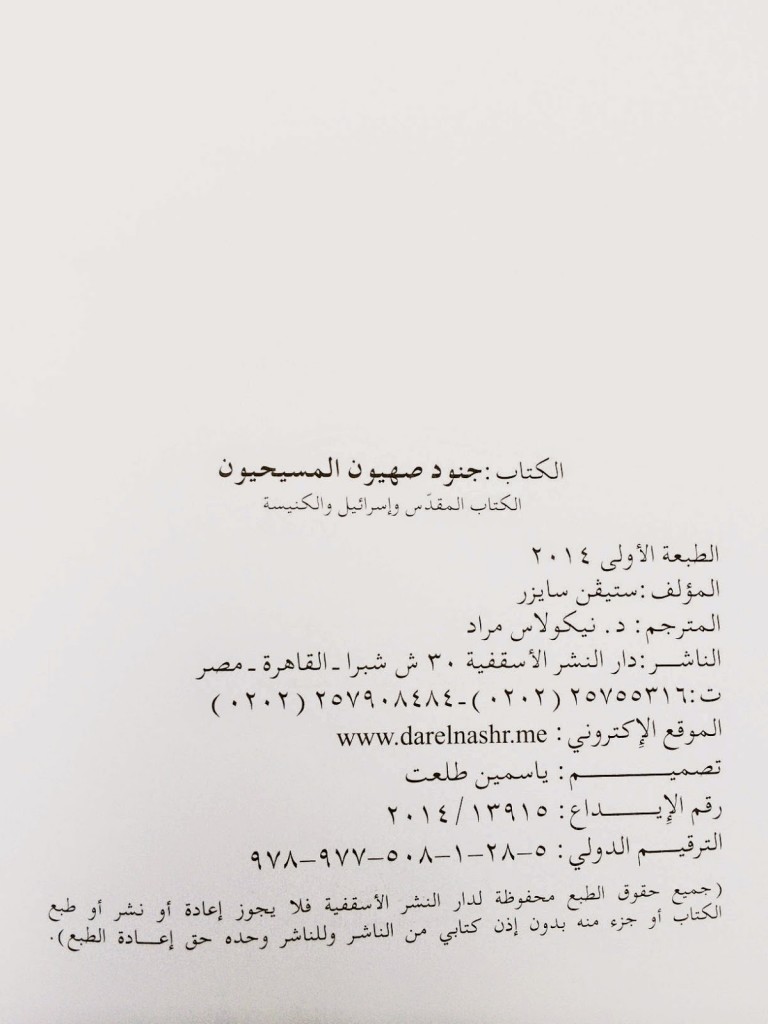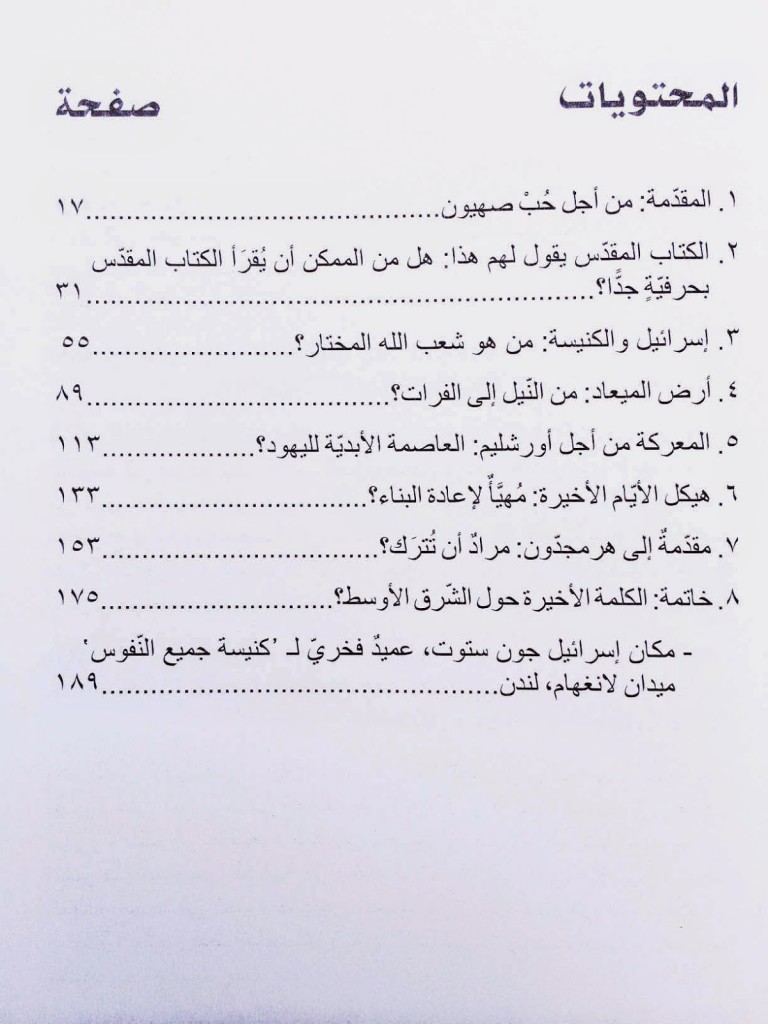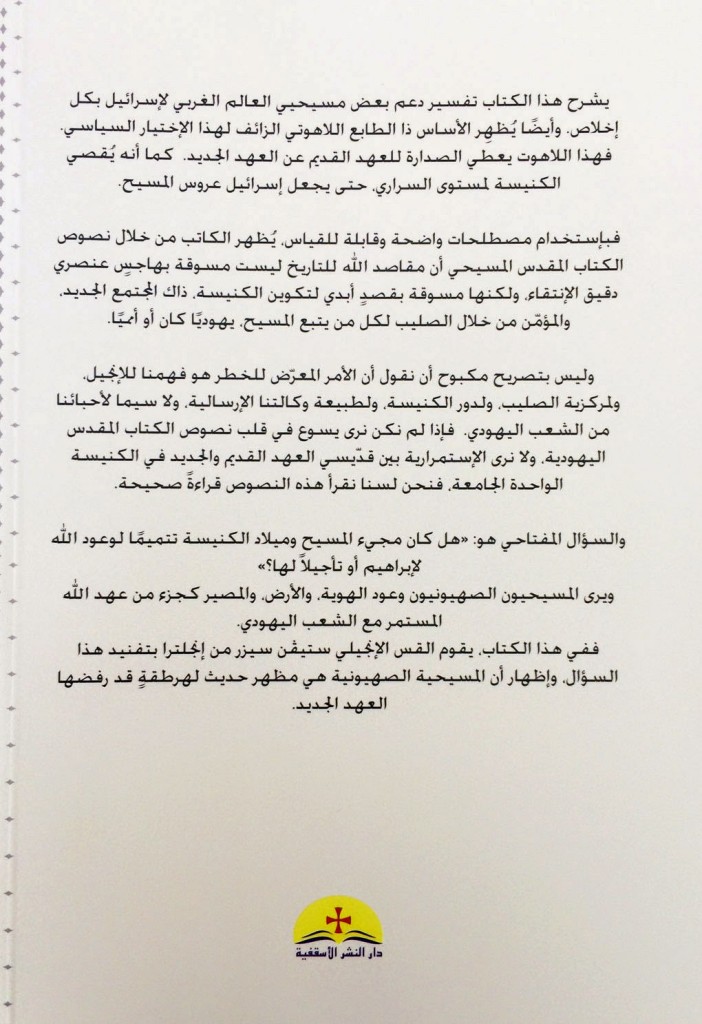 Heartened by the recent historic meeting between Prime Minister David Cameron and Iranian President Hassan Rouhani, at the United Nations, signaling a long-overdue thawing of Anglo-Iranian relations, I was delighted to attend the New Horizons interfaith conference in Tehran last week, as a member of a UK delegation.
Heartened by the recent historic meeting between Prime Minister David Cameron and Iranian President Hassan Rouhani, at the United Nations, signaling a long-overdue thawing of Anglo-Iranian relations, I was delighted to attend the New Horizons interfaith conference in Tehran last week, as a member of a UK delegation.
The conference addressed issues where faith and politics intersect in the Middle East such as Israel’s war on Gaza, Islamophobia in the West as well as the rise of ISIS and those sponsoring extremism.
“There is no teleology in western society, no guiding morality, only an obsession with materialism,” argued organizer Arash Darya-Bandari. “We believe it is necessary to control the negative tendencies in culture, such as pornography, alcohol, drugs, prostitution, to strive towards a more moral and justice society.”
One of the contributors, Eric Walberg wrote, “Contrary to the shrill cries in the western media that the conference was anti-Semitic, it was unique in my experience in addressing Zionism and US imperialism forthrightly and intelligently, without a hint of racism. The issue of anti-Semitism was addressed and dismissed, as “There is no issue with Jewish people or the Jewish religion,” explained Darya-Bandari, “but rather with Zionism, that secular distortion of Judaism that itself is racist, and has been used as a pretext to dispossess and kill Palestinians.”
He went on to report, “The conference issued a resolution condemning ISIS, Zionism, US unconditional support of Israel, Islamophobia, and calling for activism locally to boycott Israeli goods and to promote understanding between the West and the Muslim world, and to fight sectarianism. “This was a great opportunity to meet anti-imperialist activists from around the world, to bring Russians, Poles, western Europeans, North Americans together with Iranians and other Muslims, both Sunni and Shia, in a forum without sectarianism, truly supporting peace and understanding,” said delegate Mateusz Piskorski, director of the European Centre of Geopolitical Analysis in Warsaw and former MP in the Polish Sejm.”
I was invited to contribute to the opening ceremony and present a biblical perspective on Jihad and in particular, a Christian refutation of the Islamic State (IS). Later in the conference I was asked to present a paper on the impact of the Israel Lobby in the UK, especially in parliament and in the media, ahead of the publication of my new book on the subject.
“We are therefore Christ’s ambassadors, as though God were making his appeal through us. We implore you on Christ’s behalf: Be reconciled to God.” (2 Corinthians 5:20)
Ambassadors, of necessity serve in foreign countries, where perspectives may be different and at times even hostile to one’s own. But given the dire consequences of any breakdown in relations between countries, dialogue and diplomacy are always to be preferred over war and strife.
In the journal Diplomat, Michael Binyon asks,
“Are Christian church leaders becoming the world’s most active peacemakers? Only a week after President Peres of Israel and the Palestinian President Mahmoud Abbas accepted the Pope’s invitation to pray together with him in Rome, the Archbishop of Canterbury made a dramatic flight to Nigeria to pray with President Goodluck Jonathan and encourage him to make every effort to find the schoolgirls kidnapped by the terrorist organisation Boko Haram.
The Archbishop’s impromptu trip came hard on the heels of a visit to Pakistan, where he visited a small embattled Christian community and praised their efforts to forge closer links with the wider Muslim community, despite regular attacks by militants, the threats of mob violence and the increasing use of the notorious blasphemy laws to force Christians from their land and property…
Peacemaking and reconciliation – within the Anglican Church and between the world’s main faith groups – were the declared priority for Justin Welby from the moment he became Archbishop. He is well qualified for the role. As an oil executive who visited Nigeria often before his ordination, he has seen at first-hand the conflict raging between Christians and Muslims in Central Nigeria that is now taking a deadly toll. As a former head of Coventry Cathedral’s Centre for Reconciliation, he has himself conducted delicate negotiations between militant groups in an effort to free hostages, often risking his own life.”
A walk through the deserted US embassy in Tehran last week was a poignant reminder of how a failure to pursue diplomacy has fueled not only decades of missed opportunities but also perpetuated misunderstanding and animosity between our countries.
Ironically, the leaders in Jesus day, tried to dictate whom he could and could not meet with, criticizing him for eating with “tax collectors and sinners”. Clearly they considered his actions “conduct unbecoming” a rabbi. Thankfully for us he did not listen to them.
Critics of conferences such as New Horizons should think more carefully about how their inflammatory words will negatively impact on their own communities in Iran.
They would be better served following the examples set by our Prime Minister, the Pope and the Archbishop who, as true ambassadors, are working for peace and reconciliation.
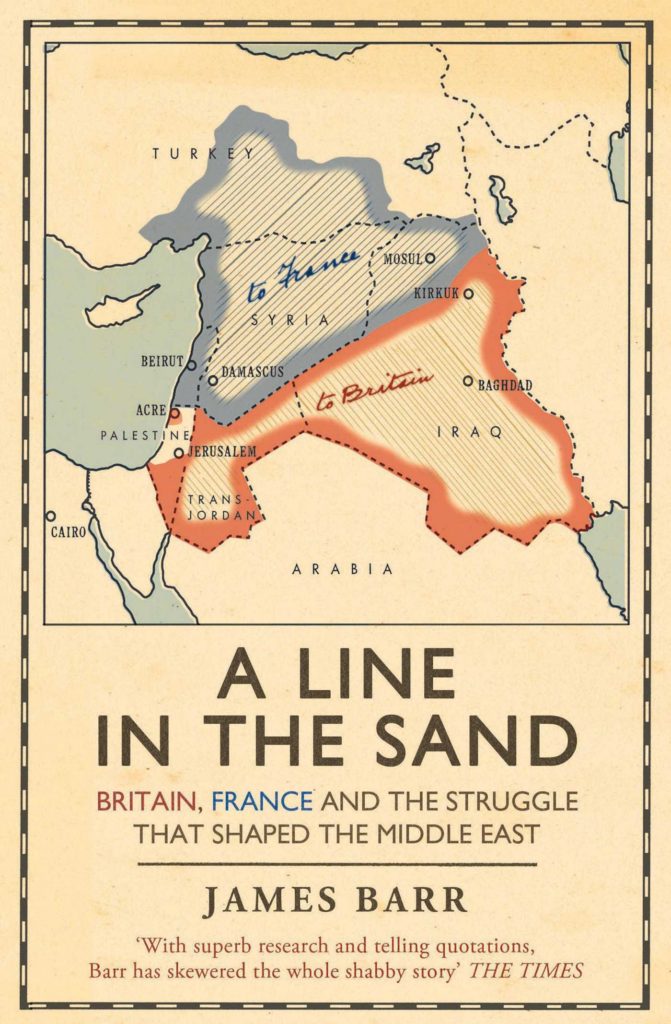 This book seeks to explain how many of the problems of the Middle East in the last century can be traced back to the colonial ambitions of Britain and France and in particular to the ‘venomous rivalry’ between them in their struggle for mastery of the region. It was this rivalry which lay behind the Sykes-Picot agreement, the Balfour Declaration, the creation by Britain of the kingdoms in Iraq and Transjordan, Britain’s support for the independence of Syria and Lebanon, and French support for the Jewish underground which was working against the British in Palestine in 1948.
This book seeks to explain how many of the problems of the Middle East in the last century can be traced back to the colonial ambitions of Britain and France and in particular to the ‘venomous rivalry’ between them in their struggle for mastery of the region. It was this rivalry which lay behind the Sykes-Picot agreement, the Balfour Declaration, the creation by Britain of the kingdoms in Iraq and Transjordan, Britain’s support for the independence of Syria and Lebanon, and French support for the Jewish underground which was working against the British in Palestine in 1948.

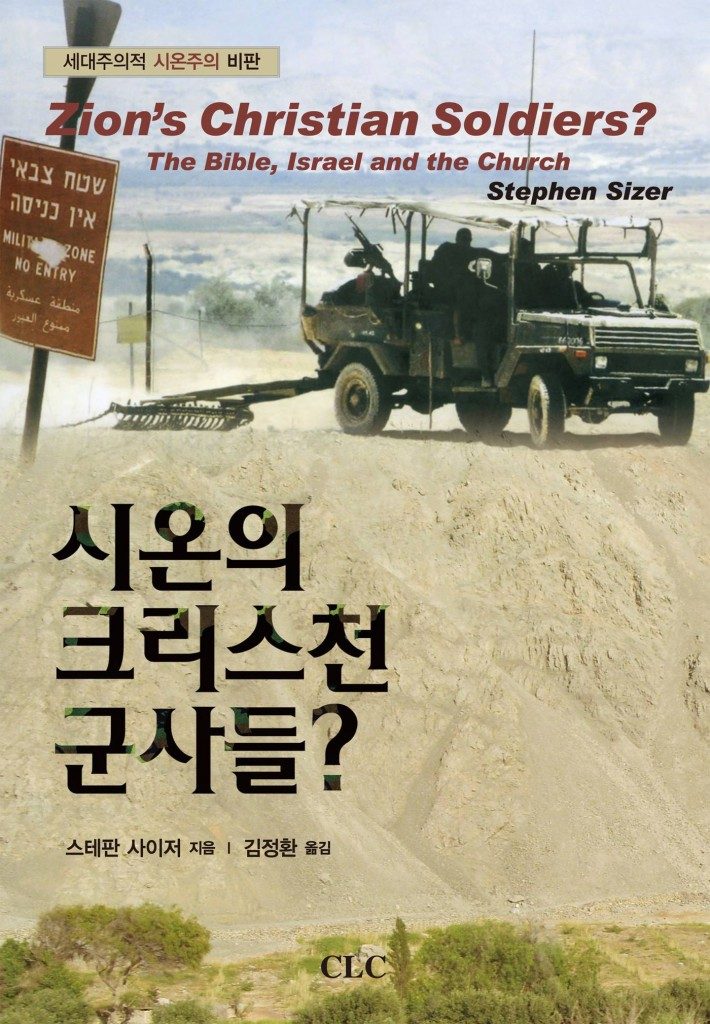
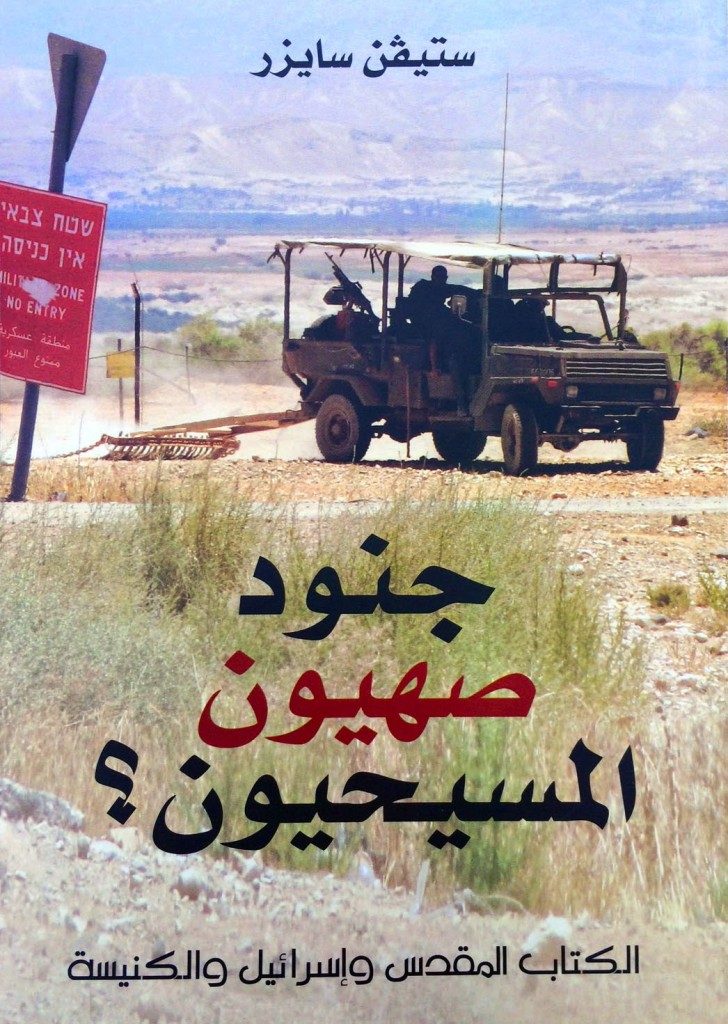
 Heartened by the recent
Heartened by the recent 
